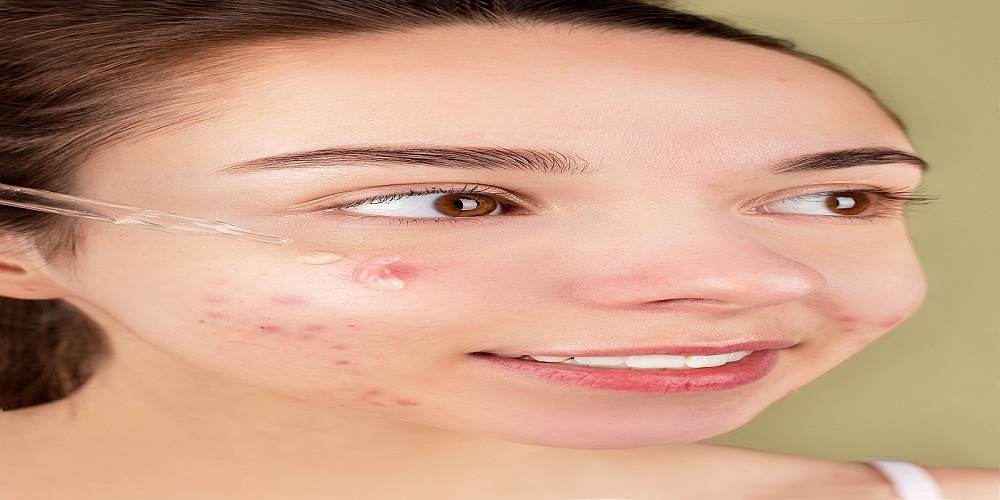Acne is a common occurrence for people between the ages of 12-26. This is the period during puberty, but studies show it also affects 25% of women aged 26-40. It may be attributed to menstruation and menopause when women experience hormonal changes.
Here is all you need to know about balancing your skin if you’re struggling with hormonal acne.

What is hormonal acne?
Hormonal acne is caused by the overproduction of oil in the skin. Hormones in both males and females stimulate the sebaceous gland in the skin to produce oil. This oil blocks the pores in the skin leading to the formation of acne.
How to know you have hormonal acne
There are different types of acne; some appear with white or blackheads. Others often come under the skin and form bumps. These are commonly known as pustules; sometimes, they produce puss when picked.
Hormonal acne often forms on the face, shoulders, neck, back, and chest. They often re-occur in the same place on the face, under the lips, cheeks, or neck.
How to balance your skin and control hormonal acne
Using cleansers before going to bed
Using cleansers helps to reduce the oil and dust build-up in the skin. You can find a variety of cleansers in beauty stores. For the best results, look for cleansers with probiotic components, salicylic or glycolic acid.
These components reduce the bacteria and oil build-up in the skin. However, these products might not be enough to deal with hormonal acne. You can combine this method with others to treat the underlying conditions.
Wash your face and bath regularly
Wash your face twice daily to reduce the oil that traps bacteria and dust. Use face washes intended for acne, such as salicylic acid. It helps to clear out sebum and other particles in the skin’s pores.
For body acne, bathe regularly with antibacterial soaps or soaps laced with salicylic and glycolic acid. Scrub the skin well to remove dead skin and sweat that have blocked your pores. Hydrate your skin with moisturisers that work well with your skin type.
Schedule an appointment with a specialist
If the acne is severe and causing discomfort, visit a dermatologist for medication. They can diagnose the underlying causes and treatment to control the breakouts.
Using oral contraceptives
Hormonal imbalances in the body sometimes cause hormonal acne. It happens when there is a fluctuation of oestrogen and progesterone. It usually occurs during menstruation and menopause.
To balance these hormones, you can take birth control pills. If you seek this option, check with a doctor first. They can help you decide on the best contraceptive method to help reduce the formation of hormonal acne.
It is the best choice for women not looking to give birth soon.
Regulate your diet
Studies show that a high intake of food with fats contributes to the formation of acne. Balance your diet by consuming fibre-rich foods, fruits, and vegetables. It helps balance the acidity in coffee, alcohol, and sugary food.
Fruits and vegetables contain antioxidants and minerals that help to build immunity in the body. Replacing carbohydrates with fruits and vegetables reduces inflammation from eating high carbohydrates.
Reducing stress
High-stress levels stimulate the adrenal glands, which produce androgen hormones. These hormones are responsible for the overproduction of oil in the skin. Regulating stress levels can help to reduce acne breakouts on the skin.
Conclusion
It is possible to have hormonal acne under control with the correct information. You need to first figure out the type of hormonal acne you are dealing with and its causes. Find out what you are dealing with and see if the suggestions can help to balance your skin.